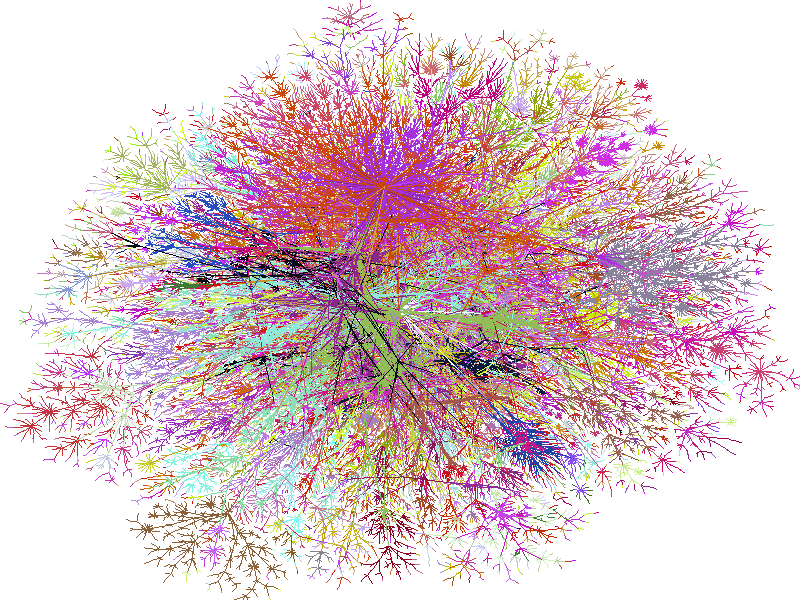Venkatesh Rao wrote a very long personal reflection called “King Ruinous and the City of Darkness”, which sprawls over both ancient and modern stretches of Indian history. The text is difficult to summarize in a couple of sentences, because it’s an expansive overview of how Rao came to think in the way that he does. But here are two quotes that jumped out at me:
“There are no real reasons and motivations in Indian politics. As with the rest of the world, politics in India is the art and science of the possible. You do what you can do. You spin the story whichever way you can spin it. The perception problem and the action problem need have no relation to each other, so long as you have solutions to both.”
“One does not simply exit the caste system, but one can sure as hell scramble it beyond recognition and render it unusable by having software and urban modernity eat it. This, incidentally, has been the single most positive development I’ve witnessed in my life. If software can eat the Indian caste system, it can eat anything.”
